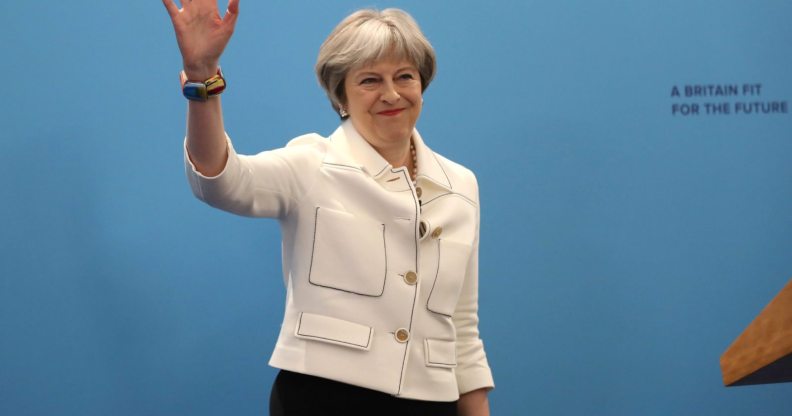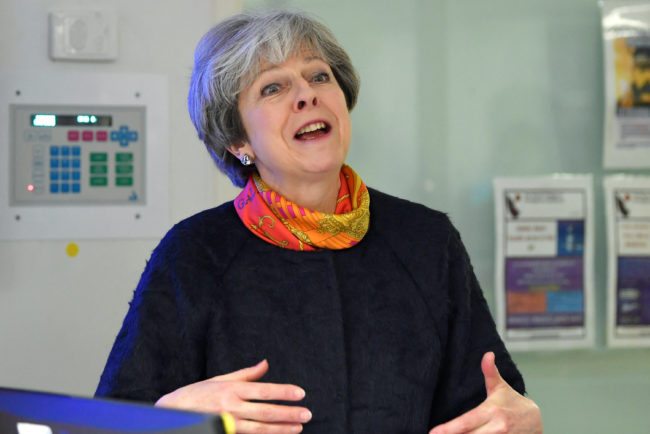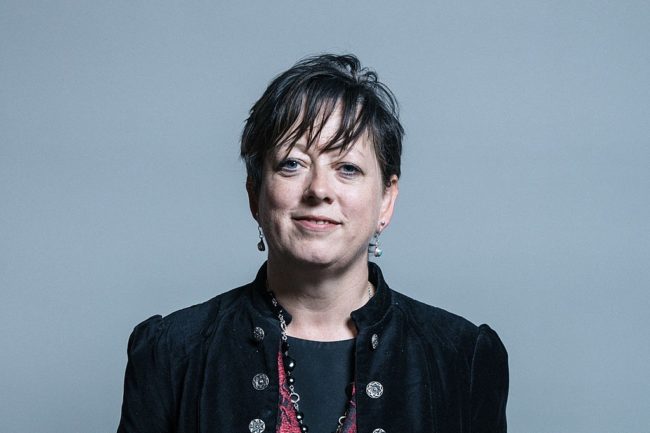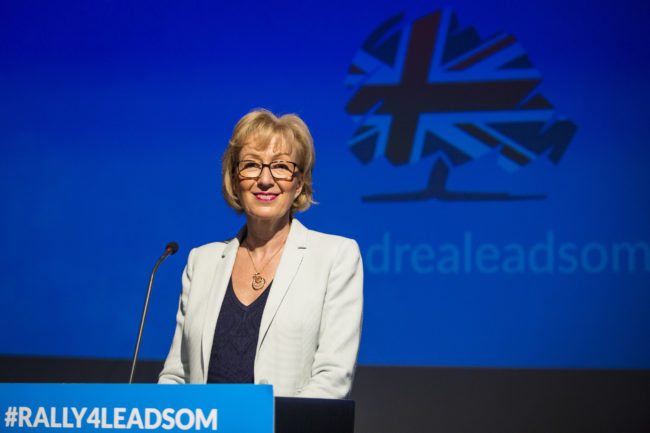UK government claims ban on gay cure therapy could have ‘unintended consequences’

(Simon Dawson – WPA Pool/Getty Images)
The government has issued its third contradictory response on gay cure therapy in just five months – after being slammed in Parliament for its “inadequate” responses to calls for a ban.
It is currently legal for unregulated persons and faith groups to attempt to ‘cure’ people of homosexuality in the UK, though the practice is banned on the NHS under a voluntary ‘Memorandum of Understanding’.
The government has been repeatedly pressed over its failure to listen to campaigners on the issue – and the Department for Health and Social Care has now issued three contradictory responses in just a few months.

In the first response in November last year, Health Minister Jackie Doyle-Price claimed the government had “already taken the necessary steps to prevent the practice of gay conversion therapy in the UK,” and that it “does not believe creating a criminal offence is the right way forward”.
The minister also claimed to be “unaware” of high-profile reports of gay ‘cure’ practises, despite this being raised in Parliament.
The response was deemed inadequate by Parliament’s Petitions Committee, and Health Minister Jackie Doyle-Price was told to try again.
In her second response in January – two months after her statement claiming the government had already solved the problem – Ms Doyle-Price admitted the government had no way of knowing if the practice is occurring but claimed that there is no “systemic” problem.
The minister wrote: “We have no reason to believe the practice of conversion therapy is systematic in the UK.
“The vast majority of press coverage and of academic evidence on this matter focuses on prevalence in other countries. This is not to underplay the issue: it is one that we take very seriously, and it is an issue that
we are keeping under review.”

Jackie Doyle-Price
UK-based gay ‘cure’ group Core Issues Trust claims to have hundreds of clients and has received plenty of press coverage – while fringe faith groups operating in the shadows also advocate the practice, as exposed by the Liverpool Echo’s Josh Parry.
Ms Doyle-Price ruled out legislation, saying: “We remain of the view that a blunt legislative tool is not the right vehicle for achieving this goal.
“Conversion therapy is a broad term for a range of techniques and practices: creating a criminal offence would be challenging at the most fundamental level, as it would be difficult to define holistically.
“In attempting to define therapy for people dealing with issues related to sexuality there is a real risk that there may an unintended, negative consequence for valid therapies.”
However, Ms Doyle-Price also claimed: “We are unable to comment on criminalising certain activities of those outside of the health profession as this responsibility rests elsewhere in Government.”
The statement was again deemed unsatisfactory by the Petitions Committee – which rebuked the claim that “responsibility rests elsewhere in Government” when the response was issued on behalf of the entire government.
The issue was even referred to Leader of the House of Commons Andrea Leadsom, who said she would direct the government to provide a further response.

Ms Doyle-Price this week produced a third statement, which lays out a third stance on the issue.
This says: “Homosexuality is not something to be cured, nonetheless, for any criminal offence it is very important that the offence is clearly defined. In our view there is a real risk that in seeking to define conversion therapy there may be an unintended, negative consequence for valid therapies.
“Individuals may wish to seek counselling on issues of sexuality that they may be struggling with personally, and we feel that the Government has a duty of care to protect this right.
“However, please be assured the Government is keeping the issue of conversion therapy under close review.”
She added: “The Government Equalities Office (GEO) included questions on conversion therapy in the national LGBT survey, which it launched in 2017. The survey received more than 100,000 responses, making it one of the largest surveys of LGBT people’s experiences ever conducted.
“The GEO is currently analysing the results and will be publishing the Government’s response later this year that will consider all policy responses.
“As part of the response to the survey, GEO will be investigating what steps the Government as a whole could take – in addition to the existing work Department of Health and Social Care (DHSC) has undertaken – and working with relevant departments to end this practice.
“I recognise the damage that conversion therapy can cause and the DHSC is committed to working with GEO to explore how we can end this practice in the UK.”
Performing gay cure therapy on minors is already is illegal in nine US states and counting, as well as Switzerland, Malta, Taiwan, two Canadian provinces, and the Australian state of Victoria.
Further bills are in progress in Washington state and Hawaii, while the UK government has said it is considering a ban.
In nearly every jurisdiction, legislation on the issue has been enthusiastically backed by those involved in the counselling profession, who have helped craft the law in such a way that it targets efforts to ‘change’ sexual orientation and not legitimate LGBT therapies.
PinkNews is aware of zero recorded issues in a jurisdiction that has banned gay ‘cure’ therapy where legitimate therapies were targeted.

